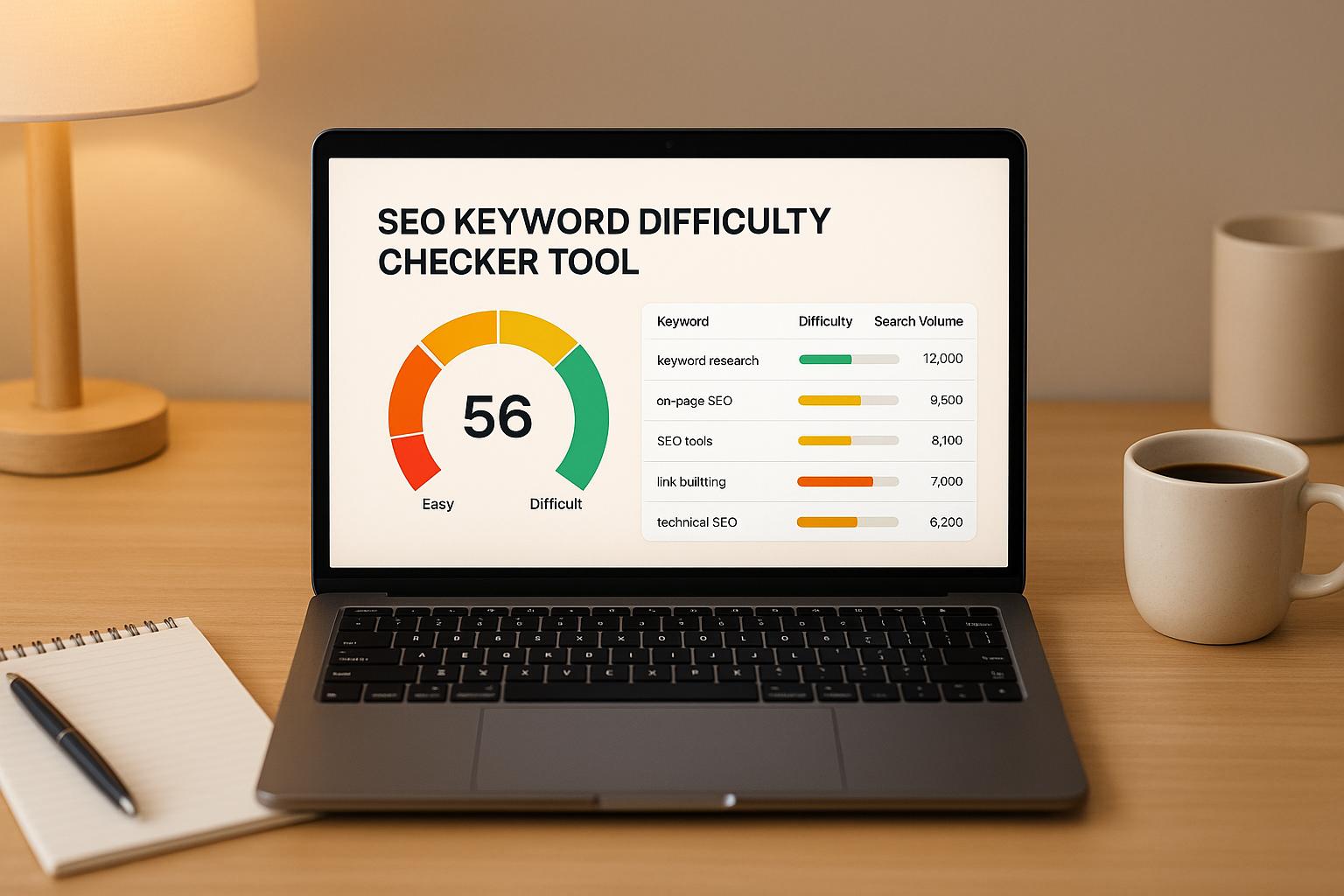Unlock Your Content Potential with a Keyword Difficulty Tool
When building a website or crafting a blog, one of the biggest hurdles is figuring out which search terms to target. You want visibility, but going after highly competitive phrases can feel like shouting into a void. That’s where a tool to assess keyword competitiveness comes in handy. It’s like having a roadmap that shows you which paths are clear and which are blocked by giants.
Why Keyword Analysis Matters
Not all search terms are created equal. Some are low-hanging fruit, perfect for newer sites or smaller businesses looking to gain traction. Others demand a heavyweight domain authority that might take years to build. By evaluating the challenge of ranking for specific phrases, you can save time and focus on what’s achievable. A good analysis looks at search volume, existing competition, and even the strength of top-ranking pages to give you a realistic picture.
Make Smarter Choices
Imagine spending hours on content only to realize it’s buried on page 10 of search results. Tools that break down ranking challenges help you avoid that trap. They offer clarity, letting you prioritize terms that align with your goals and resources. So, whether you’re a solo creator or part of a marketing team, take a moment to analyze before you write—it’s a small step that can yield big returns.
FAQs
What does the keyword difficulty score mean?
The score, ranging from 1 to 100, reflects how hard it is to rank for a specific keyword. A low score, like 1-30, means it's pretty easy to compete, often because there's less competition or lower search volume. Scores between 31-60 are medium, suggesting you’ll need some solid content and backlinks to rank. Anything above 60 is tough—think high competition from big, established sites. It’s a quick way to gauge if a keyword is worth your effort based on your site’s current strength.
Can I trust the difficulty scores for my niche?
Absolutely, though keep in mind that our tool uses general data points like search volume and competition levels from a mock database or API. It’s a fantastic starting point for most niches, giving you a broad sense of a keyword’s challenge. That said, niches can vary wildly—some have unique competitors or audience behaviors. Use the scores as a guide, but pair them with your own research or tools like Google Trends for a fuller picture.
What if I enter an invalid keyword or leave the field blank?
No worries! If you leave the input empty or type something that doesn’t make sense as a keyword, the tool will catch it and prompt you to try again with valid data. We’ve built in error handling to keep things user-friendly. Just pop in a real term or phrase related to your content, and you’ll be good to go. It’s all about making sure you get useful results without any hiccups.



